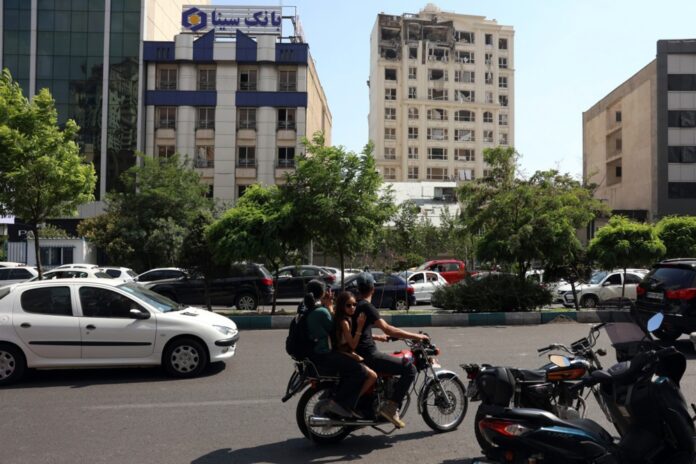The Constitutional Council censures some articles, but not the most controversial – Liberation

The Constitutional Council judged « Partially compliant »,, This Thursday, June 12, the law aiming « To get France out of the trap of narcotrafic ». The « wise men » thus censored a handful of articles but validated, a reserve, the prison regime of isolation provided for the most dangerous drug traffickers. Among the six completely or partially censored articles are the experimentation of the appeal Algorithmic intelligence against drug trafficking Or the separate report, which makes it possible not to disclose certain information to the lawyers of the people implicated.
The council had been seized by left -wing deputies, who estimated that many articles of this law made « Weigh serious threats » On the rule of law. They asked him in particular to censor the article bearing The creation, which has become emblematic, of high security districts In prisons for the most dangerous traffickers. The law provides that they are assigned there by decision of the Keeper of the Seals, under certain conditions. The matching prison regime provides, among other things, full excavations framed in the event of unattended contacts of an agent.
The « sages » declared this article in accordance with the Constitution, while issuing a reserve on the issue of full excavations. These should only be performed when surveillance by a penitentiary agent « Was prevented by specific circumstances relating to the intimacy of the detained person, the need to preserve the confidentiality of their exchanges or exceptional difficulties in the organization of the penitentiary service », underlined the council.
The latter also partially censored the article concerning the generalization of videoconference for those detained in these neighborhoods of combating organized crime. He estimated that it was carrying a « Excessive defense rights » For people placed in pre -trial detention.
On the remote activation of an electronic device to carry out listenings, he judged that the provisions of the article pursued « The objectives of constitutional value of research of the authors of offenses and the prevention of attacks on public order » and were « Surrounded by sufficient guarantees not to infringe disproportionate damage to the right to compliance with privacy ». But the « wise » added a reserve, believing that these provisions were applicable only to the offenses « Committed to a band organized and punished with a prison sentence of a duration equal to or more than five years ».
Definitively adopted in joint joint committee on April 29this bill had easily passed the stage of the Senate, as well as that of the National Assembly. Only rebellious France had voted against the text, which had consensus until the socialists’ bench (communists and environmentalists having abstained). Faced with traffickers, « We are not in an equal arms fight »had defended the Minister of the Interior, Bruno Retailleau, who, with his colleague of justice, Gérald Darmanin, supported this text of senatorial origin.






